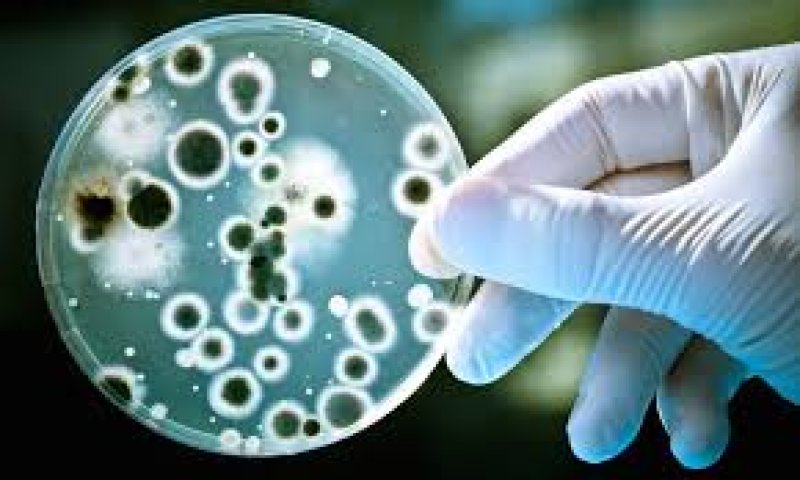The GLP aggregated and excerpted this blog/article to reflect the diversity of news, opinion and analysis.
A multi-country survey revealed that people are confused about the rising threat of antibiotic resistance to public health and are unclear about how to prevent it from growing, World Health Organization (WHO) said at the launch of a global campaign at the initiation of the first World Antibiotic Awareness Week.
Antibiotic resistance is a phenomenon that happens when bacteria change and become resistant to the antibiotics used to treat the infections they cause, WHO said.
The survey points out that over-use and misuse of antibiotics increase the development of resistant bacteria and certain practices, gaps in understanding and misconceptions contribute to this phenomenon.
Among the surveyed, nearly 64 per cent respondents believe antibiotics can be used to treat colds and flu, despite the fact that antibiotics have no impact on viruses, and an about 32 percent of people believed they should stop taking antibiotics when they feel better, rather than completing the prescribed course of treatment.
Further, the survey revealed that nearly 76 percent respondents thought that antibiotic resistance happens when the body becomes resistant to antibiotics, where in fact bacteria, and not humans or animals, become resistant to antibiotics and their spread causes hard-to-treat infections.
Additionally, nearly 66 per cent believed that individuals are not at risk of drug-resistant infection if they personally take their antibiotics as prescribed and nearly half the people surveyed thought that antibiotic resistance is only a problem for people who take antibiotics regularly, whereas in reality anyone, of any age, in any country can get an antibiotic-resistant infection.
Read full, original post: Widespread misunderstanding about antibiotic resistance threatens public health































